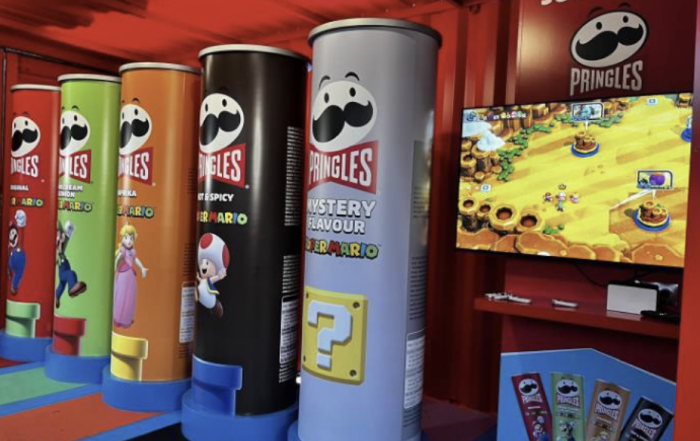Imagine it’s the year 2050, and you step into a supermarket. What do you see? Shelves springing to life on your mobile phone, personalised recommendations appearing through smart glasses, or perhaps you never even left your living room—virtual shopping brought the store to you. Join a panel of visionaries to explore how Augmented Reality (AR) and Artificial Intelligence (AI) are reshaping shopper marketing. Josephine Miller, co-founder of Oraar Studio, explains how AR merges digital and physical realities to present new opportunities for brand engagement. As marketing becomes louder, faster, busier, and brighter, Dan Hirons, co-founder of the creative agency Activation, shows us how technology helps brands win the battle for attention. He highlights standout campaigns for brands like Tilda, Wilkinson Sword, Mentos, and Walls. Guiding us through this hypermodern marketing terrain is Mike Anthony, founder of Engage and co-author of ‘The Shopper Marketing Revolution’. Join us and step into the future of shopper marketing: AR You Ready?

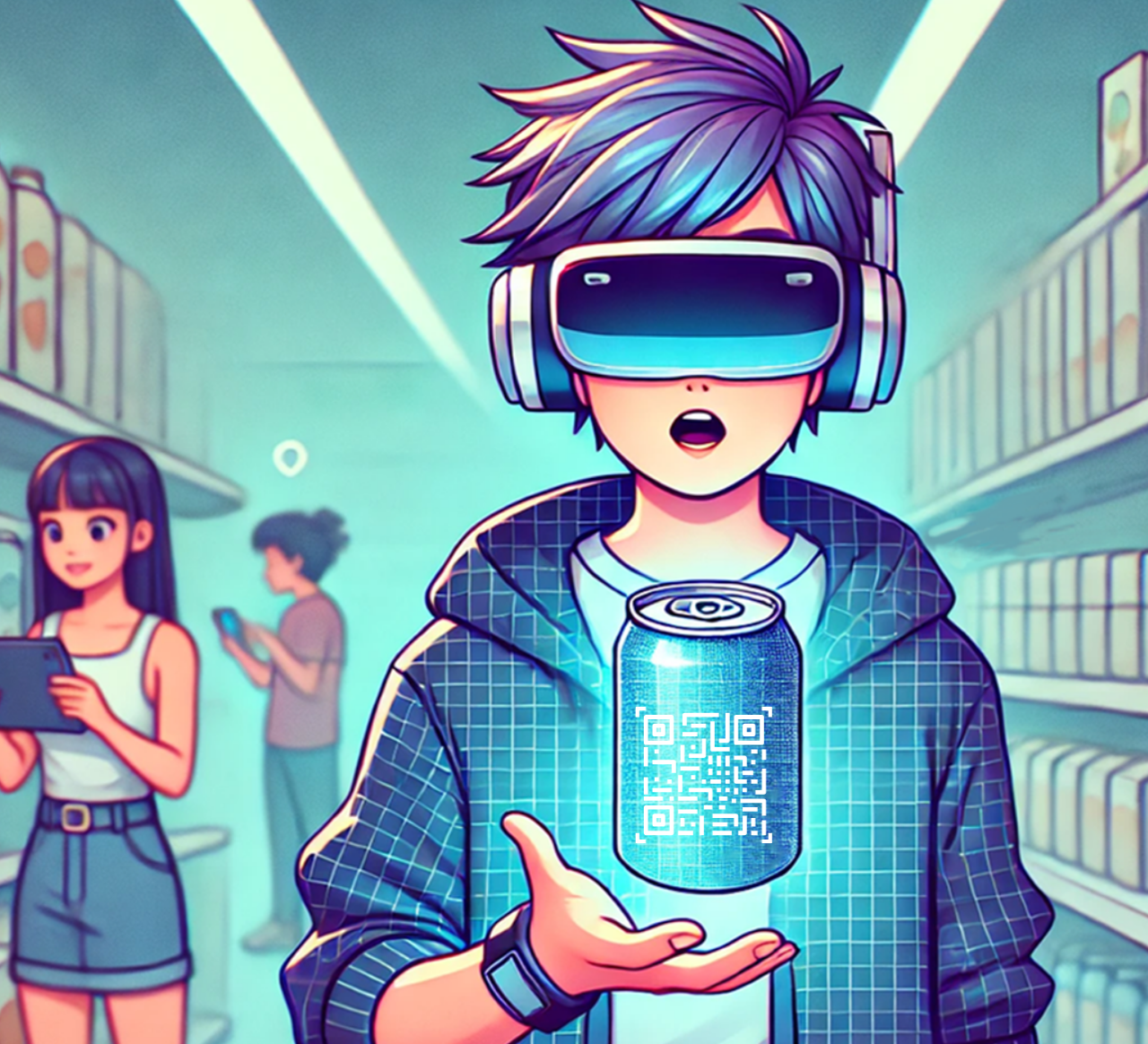
Future of Shopper Marketing: AR You Ready?
Imagine it’s the year 2050, and you step into a supermarket. What do you see? Shelves springing to life on your mobile phone, personalised recommendations appearing through smart glasses, or perhaps you never even left your living room—virtual shopping brought the store to you. Join a panel of visionaries to explore how Augmented Reality (AR) and Artificial Intelligence (AI) are reshaping shopper marketing. Josephine Miller, co-founder of Oraar Studio, explains how AR merges digital and physical realities to present new opportunities for brand engagement. As marketing becomes louder, faster, busier, and brighter, Dan Hirons, co-founder of the creative agency Activation, shows us how technology helps brands win the battle for attention. He highlights standout campaigns for brands like Tilda, Wilkinson Sword, Mentos, and Walls. Guiding us through this hypermodern marketing terrain is Mike Anthony, founder of Engage and co-author of ‘The Shopper Marketing Revolution’. Join us and step into the future of shopper marketing: AR You Ready?
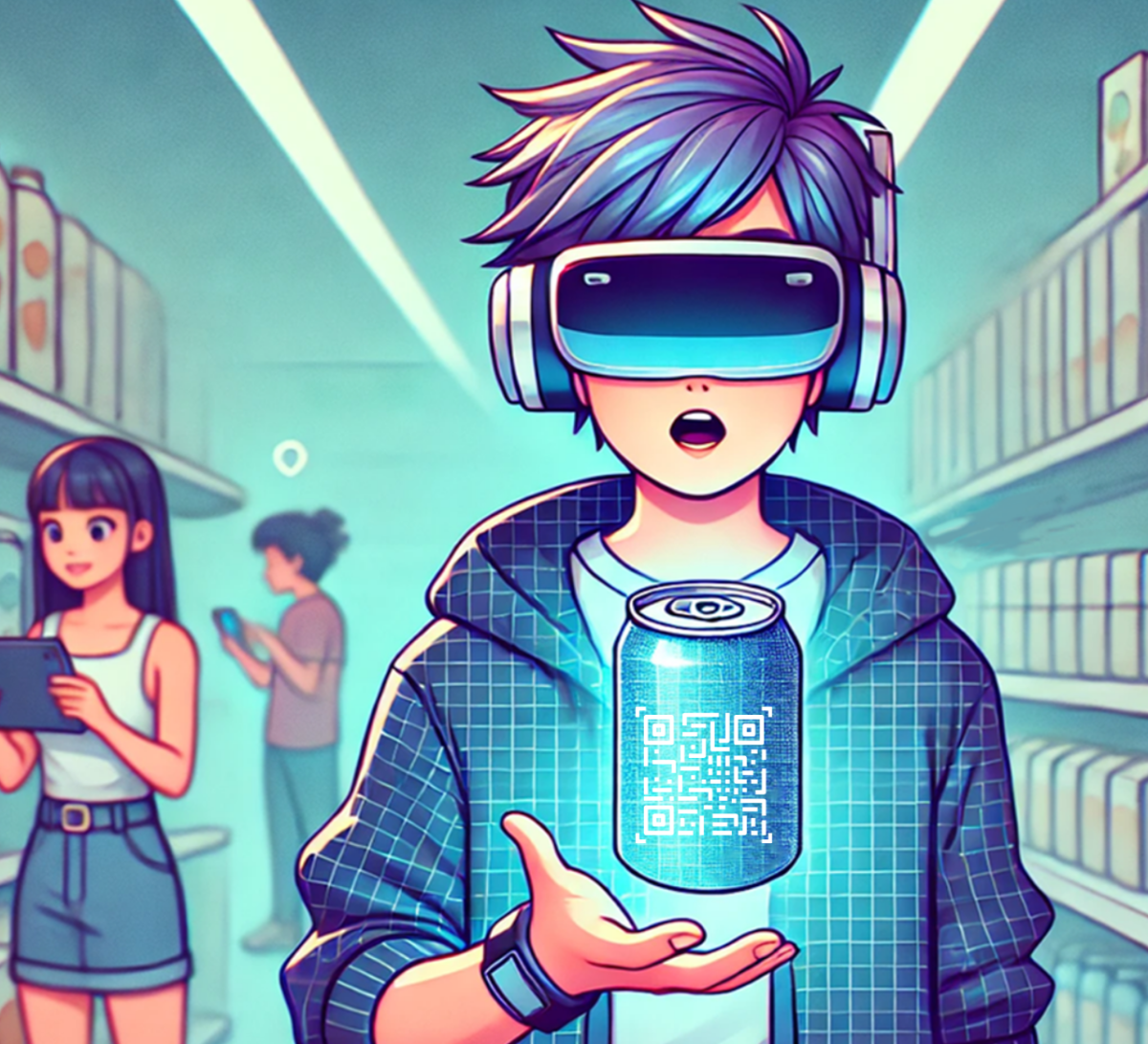
The Role of AR in Modern Retail
Josephine Miller explains Augmented Reality (AR) as a bridge between physical and digital worlds. Unlike virtual reality (VR), which simulates reality, AR blends digital information with the real world, enriching a user’s perception of reality rather than replacing it. “AR allows customers to visualise products in their environment, try on items virtually, and access interactive product information,” she explains. In a world where consumers are bombarded with an average of 6,000 to 10,000 ads daily, “we’ve reached a point where we’ve become immune to traditional ads. We see them on billboards and social media platforms, and it causes users to disengage,” she states. AR offers the potential to breathe new life into static ads, transforming generic posters and packaging into immersive and interactive experiences that connect with consumers both inside and outside the store.
The Role of AR in Modern Retail
Josephine Miller explains Augmented Reality (AR) as a bridge between physical and digital worlds. Unlike virtual reality (VR), which simulates reality, AR blends digital information with the real world, enriching a user’s perception of reality rather than replacing it. “AR allows customers to visualise products in their environment, try on items virtually, and access interactive product information,” she explains. In a world where consumers are bombarded with an average of 6,000 to 10,000 ads daily, “we’ve reached a point where we’ve become immune to traditional ads. We see them on billboards and social media platforms, and it causes users to disengage,” she states. AR offers the potential to breathe new life into static ads, transforming generic posters and packaging into immersive and interactive experiences that connect with consumers both inside and outside the store.
The once-clear boundaries between online and offline shopping are fading. Josephine’s work with brands like Pret and VLT Lemon Tea demonstrates how AR can elevate in-store experiences by bringing products and promotions to life with just a few taps. She notes that AR now reaches over 3.5 billion people worldwide, with consumers spending 80 to 240% more time on these experiences compared to traditional media. Beyond the point of sale, AR offers valuable post-purchase opportunities, such as virtual “how-to” guides, interactive games, and social sharing through enhanced filters. By extending the shopping journey, Josephine highlights a unique opportunity for brands to deepen engagement, particularly as 96% of Gen Z shoppers show interest in post-purchase AR experiences.
Winning the Battle for Attention
How can technology help brands win the battle for attention? Dan Hirons, co-founder of Activation, insists that while new technologies can heavily influences shopping decisions, simply adding to the noise isn’t enough. “It’s not about being the loudest,” Dan argues, “but using these tools to help us tell stories that engage, inspire, and ultimately drive meaningful brand engagement.” He highlights a Coca-Cola campaign featuring interactive 3D displays where passersby can edit digital billboards in real-time using a QR code. “Consumers crave experiences that speak directly to them,” he notes. This campaign closes the loop by linking digital interactions to in-store rewards through redeemable coupons at Tesco stores. According to a YouGov study commissioned by Activation, pre-shop digital touchpoints are instrumental in priming shoppers before they even step foot in a store. “If we can’t win in-store, we must create advantages outside,” says Dan. This strategy shines in Activation’s Mentos gum campaign, which uses geo-targeted ads to engage 1.2 million consumers near Morrison’s and Anesco stores, boosting sales by 30%.
To survive in the bustling retail jungle, Dan urges brands to embrace the “connected shopper,” who seamlessly manoeuvres between online and offline environments. Brands must develop integrated campaigns to engage these shoppers effectively. The Walls pastry promotion combines Facebook and Instagram ads with the in-store offer of 10,000 free Jumbo sausages. As Tesco plans to increase media spending by £80 billion by 2025 and introduce 6,000 digital advertising streams, Dan sees a future rich with advancements like smart carts. Activation’s monthly store watch already highlights how emerging technologies, such as interactive kiosks and digital shelves, are reshaping retail environments. However, while digital functionality offers exciting opportunities, Dan notes, “with great power comes great responsibility.” This means delivering the right message to the right person at the right time. He advocates for reactive marketing—adjusting content in real-time based on events like a Thursday evening football match or a summer heatwave—as crucial for cutting through generic noise and tapping into the rhythm of consumers’ daily lives.
“In today’s retail environment, it’s not just about creating fantastic environments for shoppers. It’s about money,” says Mike Anthony. With rising inflation and supplier price hikes, tried and tested retailer cost-cutting methods are no longer viable. Retailers now look to successful models like Amazon, which has generated $30 billion in advertising revenue. But what happens when retail media becomes bigger than TV? “Well, we’re going to get a lot of clutter,” says Mike. “People are already ignoring most of what is in a store,” and the increase in digital screens could exacerbate this issue by increasing the risk of consumers zoning out. To effectively harness technology and avoid it becoming “a mere gimmick,” brands must focus on overcoming shopper barriers. Mike acknowledges the potential of technology to make shopping more enjoyable: “Shopping can be boring, and that’s why augmented reality can help make it more exciting.” However, he cautions that it can also be “really frustrating” if not implemented correctly.
In a digital-first supermarket, Mike advises brands to “speak the shopper’s language,” citing Procter & Gamble’s (P&G) advertising strategy for Pampers as a prime example. On television, P&G successfully uses traditional 30-second commercials featuring emotional imagery of a peacefully sleeping baby, soothing music, and a “science segment” to highlight Pampers’ superior absorption capabilities and reassure parents. However, in-store, these long-form adverts often fall flat. Shoppers in this category are typically more focused on price and can be put off by lengthy content. P&G adapted their strategy to a concise shopper message—”Change less, save more”—which directly addressed cost concerns about the brand in a way that shoppers could readily digest in the shopping environment. Mike emphasises that technology should build connections, not clutter, acting as a bridge rather than a barrier in retail environments.
The once-clear boundaries between online and offline shopping are fading. Josephine’s work with brands like Pret and VLT Lemon Tea demonstrates how AR can elevate in-store experiences by bringing products and promotions to life with just a few taps. She notes that AR now reaches over 3.5 billion people worldwide, with consumers spending 80 to 240% more time on these experiences compared to traditional media. Beyond the point of sale, AR offers valuable post-purchase opportunities, such as virtual “how-to” guides, interactive games, and social sharing through enhanced filters. By extending the shopping journey, Josephine highlights a unique opportunity for brands to deepen engagement, particularly as 96% of Gen Z shoppers show interest in post-purchase AR experiences.
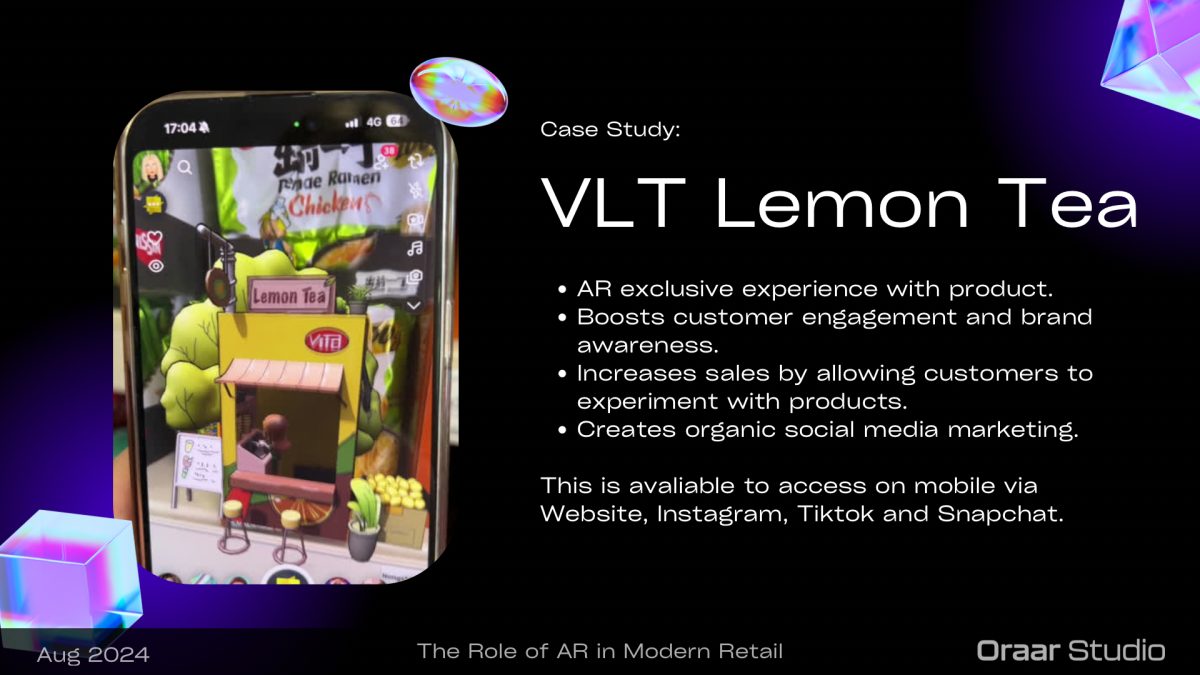
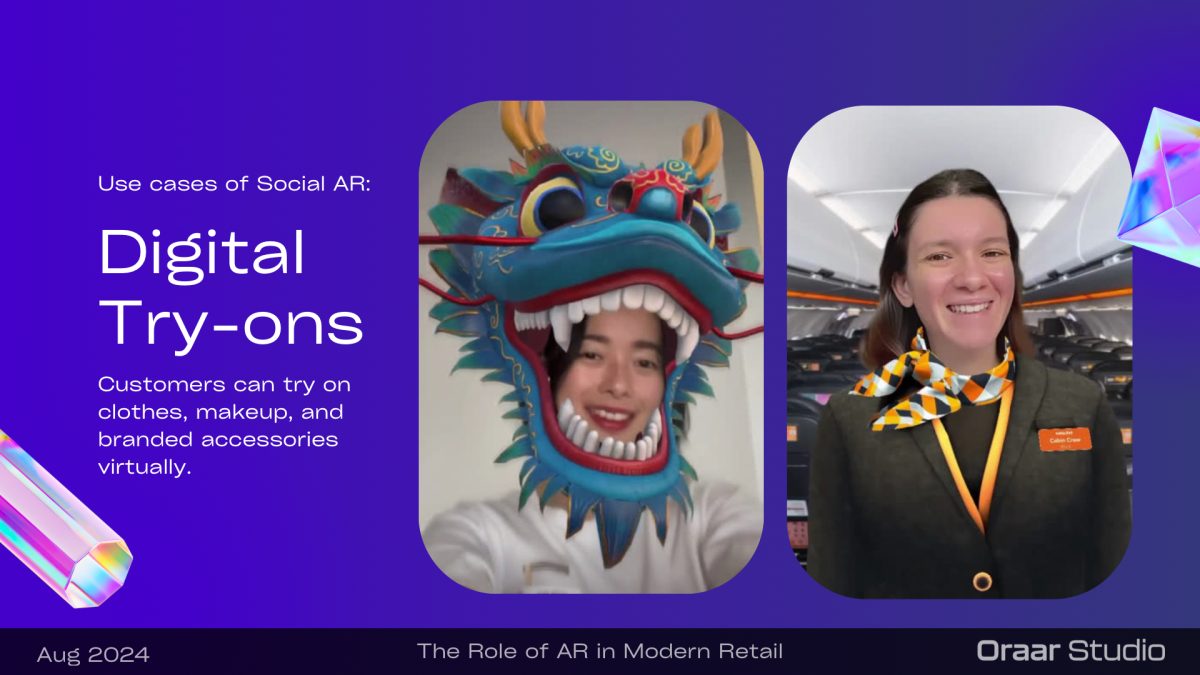
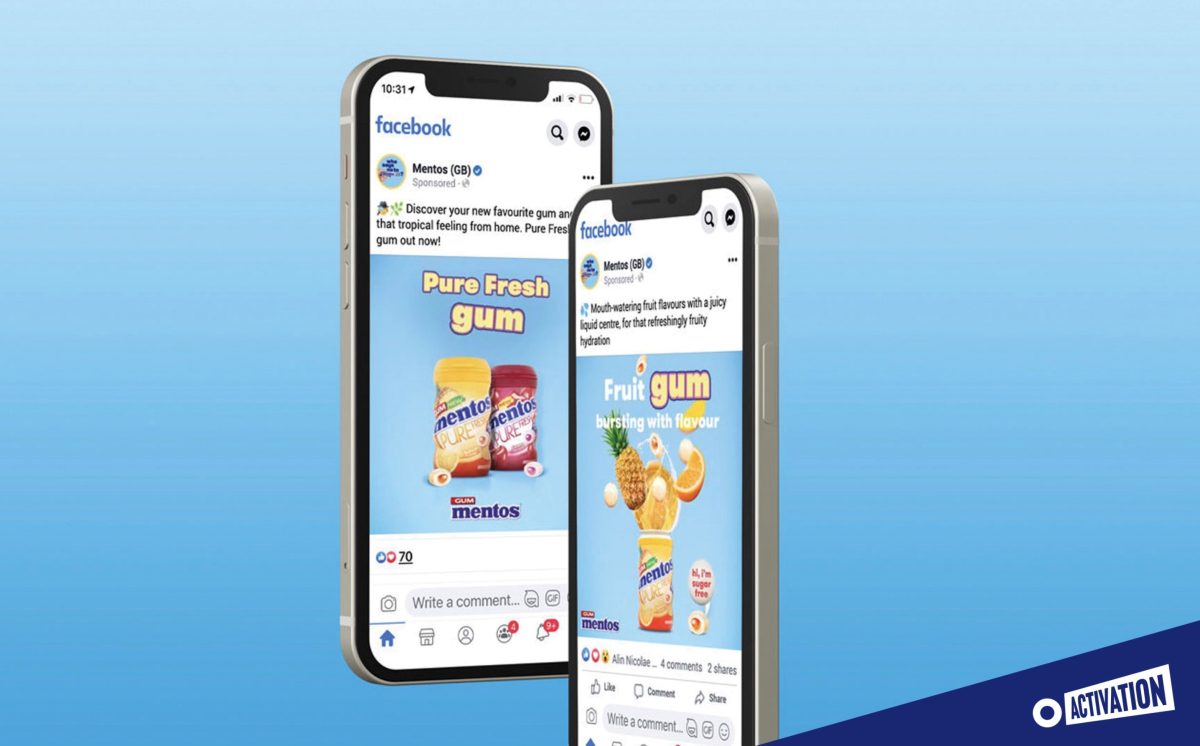
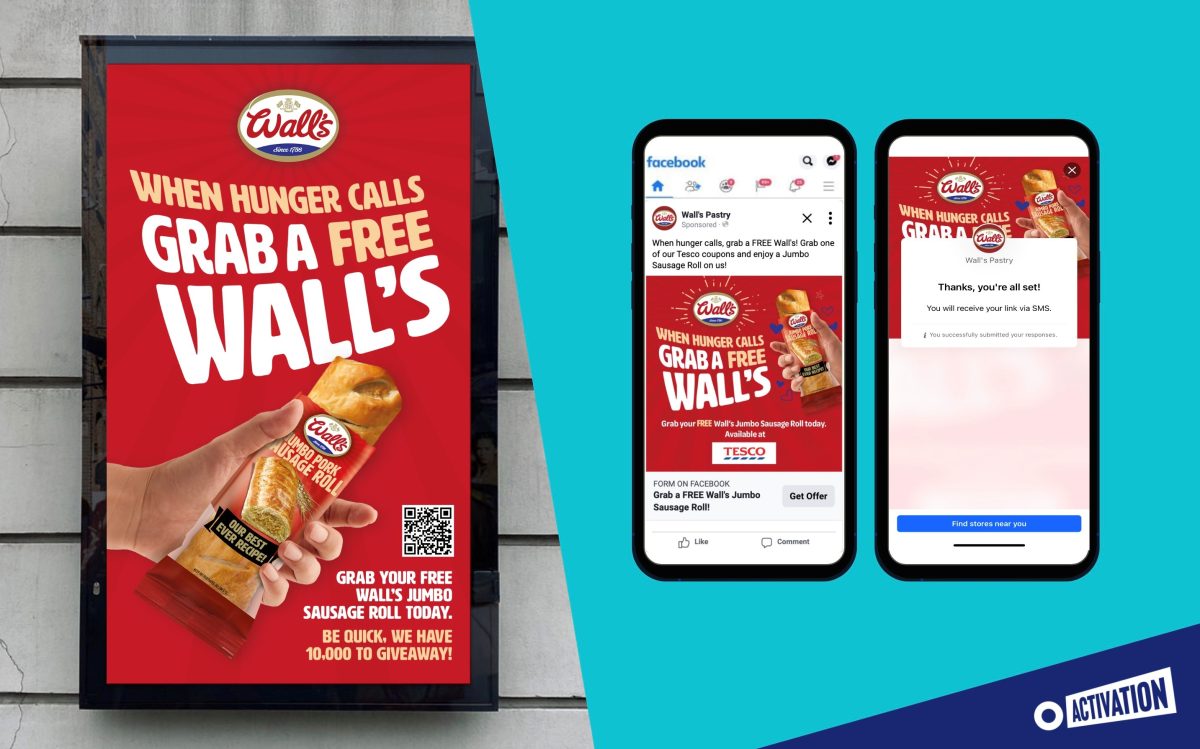
News
Pringles × Super Mario: The Boss Level Brand Partnership That Won the IPM Grand Prix
Brand Culture, last year’s IPM Grand Prix winners, reveal how Pringles × Super Mario turned a brand partnership into shelf-side excitement, from the Mystery Flavour “question block” idea to collectable character cans.
HFSS Advertising Regulations: What Marketers Need to Know
HFSS regulations have entered a new phase. This article breaks down what the latest rules mean for marketers, where the key risks sit, and how IPM tools and legal support can help.
Promotions Wrapped! Playing Back the Biggest Trends of 2025
From Superman on The Shard to ‘AI slop’, see what cut through in 2025...
News
Pringles × Super Mario: The Boss Level Brand Partnership That Won the IPM Grand Prix
Brand Culture, last year’s IPM Grand Prix winners, reveal how Pringles × Super Mario turned a brand partnership into shelf-side excitement, from the Mystery Flavour “question block” idea to collectable character cans.
HFSS Advertising Regulations: What Marketers Need to Know
HFSS regulations have entered a new phase. This article breaks down what the latest rules mean for marketers, where the key risks sit, and how IPM tools and legal support can help.
Promotions Wrapped! Playing Back the Biggest Trends of 2025
From Superman on The Shard to ‘AI slop’, see what cut through in 2025...


